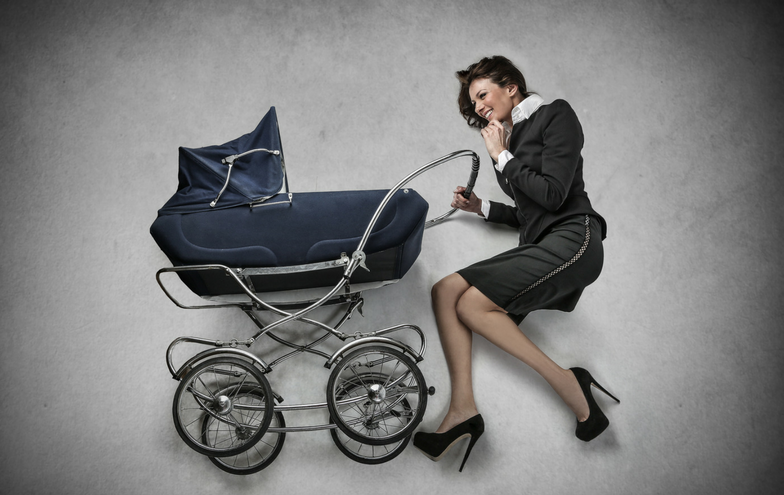
Women’s roles in society have changed dramatically in the last 40 years. Once considered to be mainly “homemakers,” women are now significant contributors to the workforce.
In fact, the U.S. Department of Labor reports that in 1975, 47.4 percent of mothers with children under the age of 18 were in the workforce and as of 2015 that number has skyrocketed to almost 70 percent. The short timeframe in which this trajectory has occurred has created some significant cultural challenges for women.
One of the main challenges is a notable lack of work-life balance societal support mechanisms for women. Women who are working 40-plus hours a week still continue to put others’ needs above their own and in the process, put pressure on themselves to make life better for all those around them at the expense of their own happiness.
“So often women will put their partner and their children above themselves, and they’re working overtime to keep their boss happy,” says Dr. Barbara Cox (www.drbarbaracox.com), a consulting psychologist and coach who specializes in working with professional women and organizations that value gender diversity. “It leaves them no time to practice any self-care or focus on their own happiness.
“I hear so many women struggle with work-life balance and they feel unhappy or overburdened – even when they have good careers and families. Even more concerning is when they feel they have to hide these feelings – feeling that it’s unnatural and ‘not okay’ to feel this way, so they don’t ask for help. And of course the problem then perpetuates.”
Recent research is finding that cultural norms are shifting, albeit slowly, to help women with this challenge. One study shows that divorce is less likely in homes where both men and women are sharing financial and housework responsibilities, as compared to homes where the man is the only financial support. While this is a step in the right direction, Cox says, this shift is occurring slowly and incrementally.
So what can women do right now to help ease the work-life imbalance while they wait for society to catch up to the progress women have made?
Dr. Cox recommends some critical first steps for women to take to begin integrating a more balanced approach to their work and home lives:
Those steps include:
- Put yourself first. This might sound selfish, and even controversial, but Cox insists it makes sense. “Even in an emergency 32,000 feet in the air, the experts tell us to put on our own oxygen mask before helping anyone else,” Cox says. “They understand that we have to care for ourselves before we care for our kids or our partners or we aren’t going to be in any shape to be of use to them. So why do we struggle to understand that?”
- Take a break. When they are on the job, women usually understand that it helps to take a break sometime during the day, even if it’s just to take a short walk or to chat with co-workers in the break room. But women can also use a break at home.
- Learn to share responsibilities. In order to do the first two steps, women must be okay letting go of some of their responsibilities and allowing their partners to step in and take over. “Have a conversation with your partner,” Cox says. “Ask your partner how they would like to contribute to the household.” This might also mean giving up some control. If it’s decided that something will become your partner’s responsibility, you have to allow them to do it the way they want to and be okay with it.
- Empower your kids. Sharing responsibilities extends to your kids, as well. Find age-appropriate tasks you can delegate to your children. Not only does this free up some of your time at the home, it also teaches your kids how to be self-sufficient. It might feel uncomfortable at first, and your kids might balk in the beginning, but overtime you will see them become stronger, more capable individuals. And isn’t that what every parent wants for their child?
About Barbara Cox, Ph.D.
Barbara Cox, Ph.D. (www.drbarbaracox.com), is a consultant and coach who specializes in working with professional women and organizations that value gender diversity. Her advice has been featured in local and national publications, including MSN.com and Cosmopolitan and other holistic health and wellness publications. She earned a bachelor’s degree in biology from the University of California, San Diego, and started her career as an environmental scientist, most notably organizing environmental projects for the Department of Defense. She has master’s and doctorate degrees in psychology from Alliant International University – San Diego.
